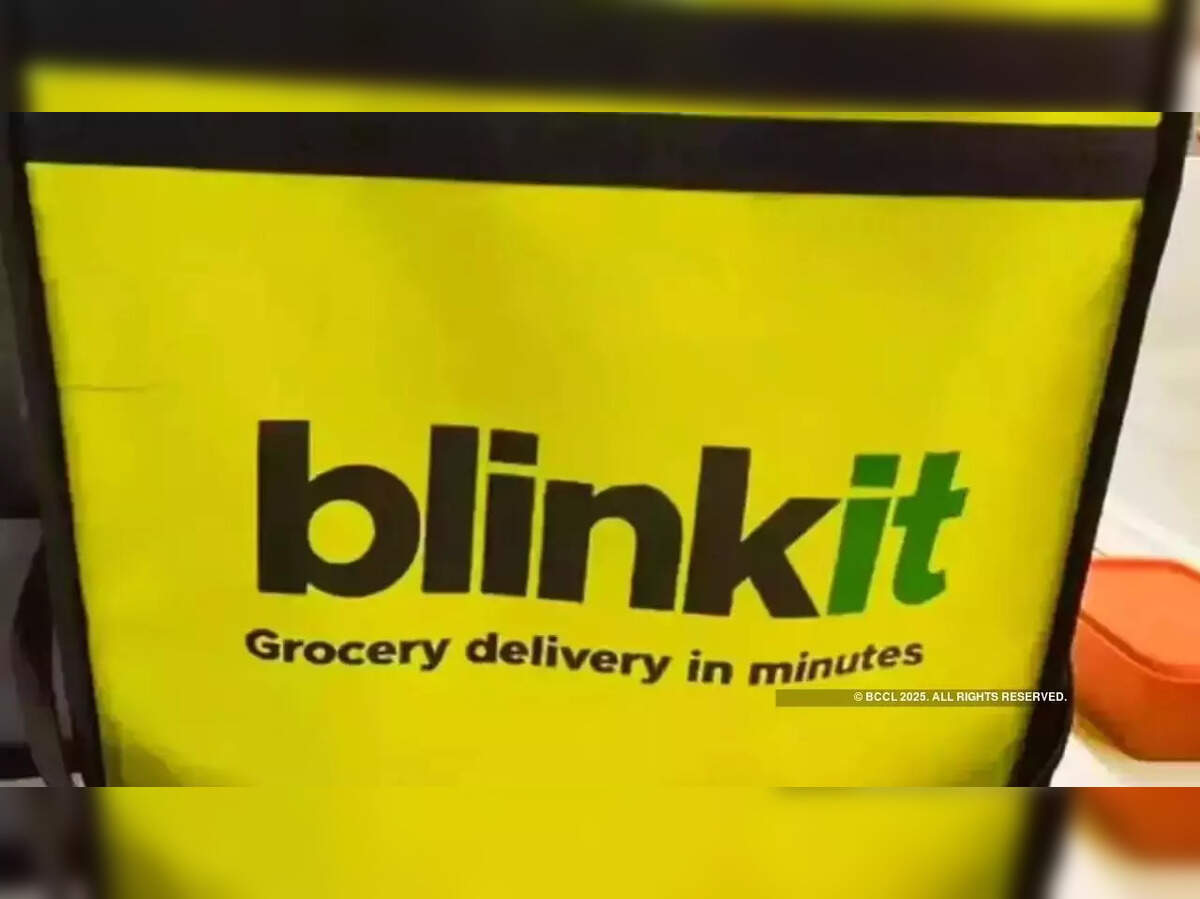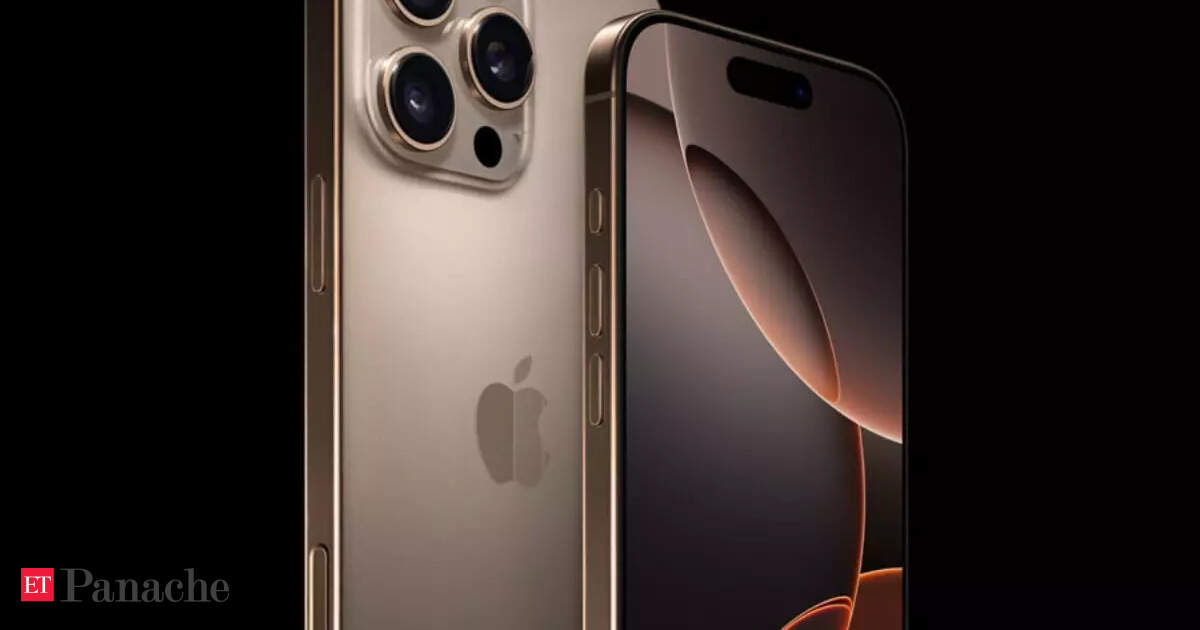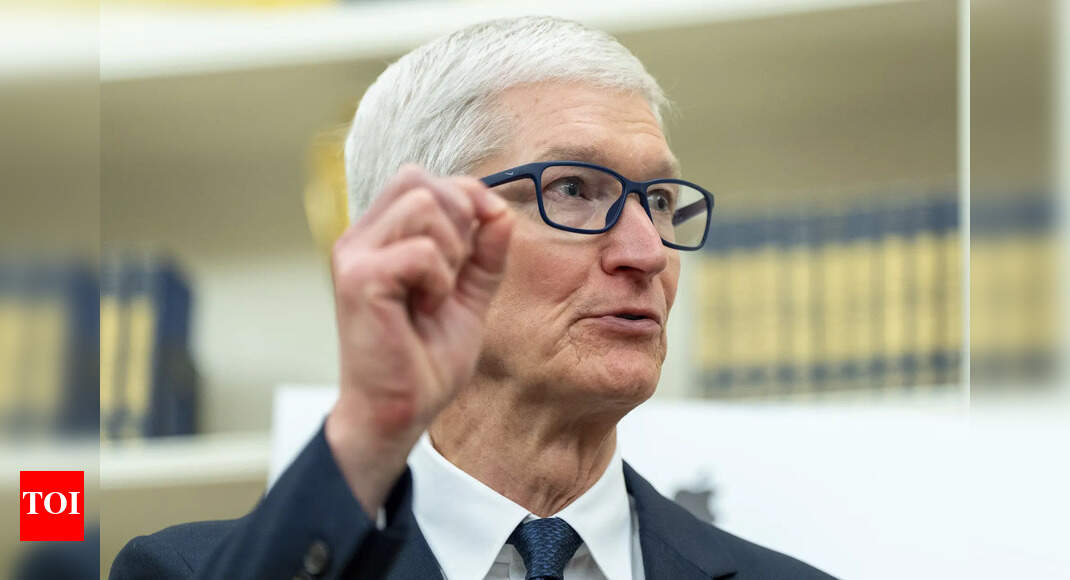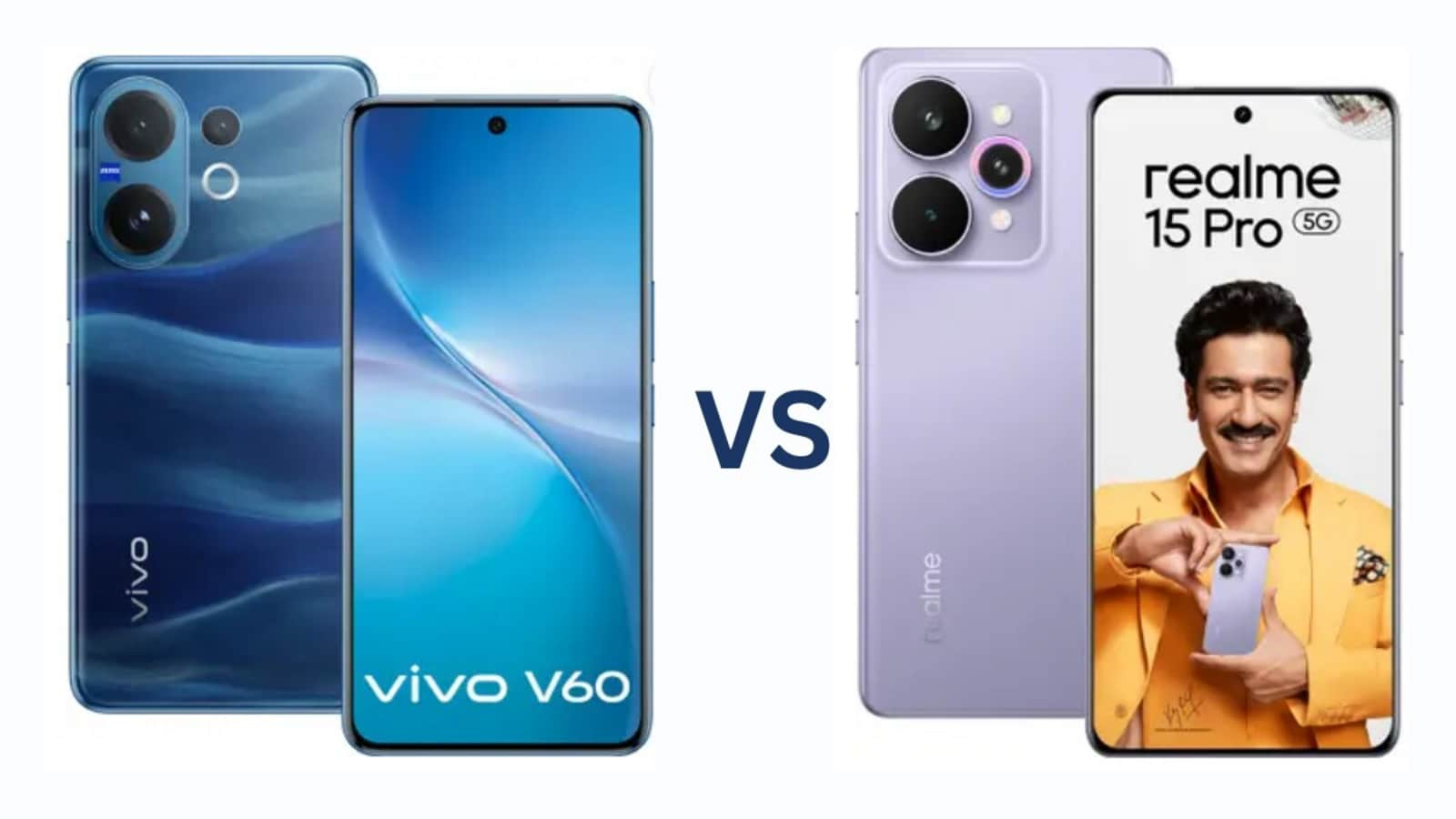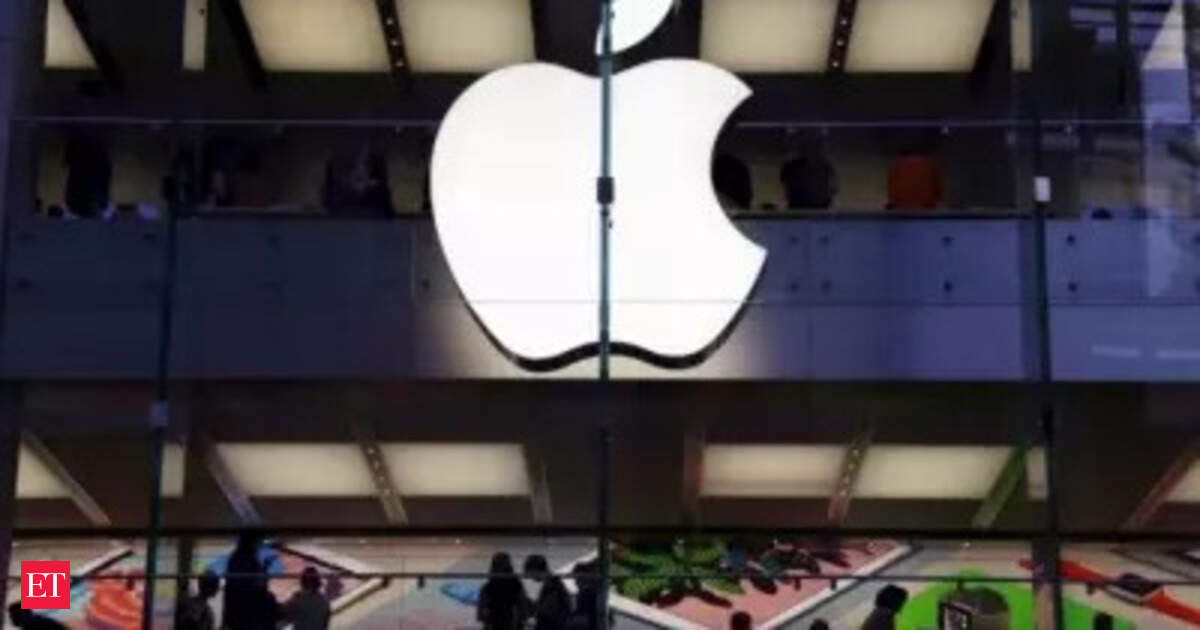In an email to sellers on Saturday, Blinkit said it will shift to a new model starting September 1. From that date, the platform will directly buy inventory from sellers and brands, instead of having them list products on the marketplace.
Currently, Blinkit runs two models. In the marketplace model, sellers list their products and pay Blinkit to store them in its warehouses. In the second model, typically offered to larger and more well-renowned brands with high frequency purchases, select sellers buy products in bulk and sell them through the platform.
With this change, Blinkit will now take over inventory buying itself and list the products directly.
During the company’s January-March quarter earnings, Eternal’s chief financial officer Akshant Goyal had said that assuming Blinkit owned 100% of inventory in fiscal 2025, it would have ended up deploying less than Rs 1,000 crore in working capital. This accounts for 15 days of working capital, and about 3-4% of Blinkit’s gross order value of Rs 28,274 crore in FY25.
“Last date to opt into the new system (is July 30). No new listings or inventory will be allowed after this date for non-accepted sellers,” Blinkit wrote in its email to the sellers. ET has seen a copy of this announcement.
“(From August 31) Your inventory moves from your books to BCPL (Blinkit),” it adds.
A founder at one of the brands that ET spoke with said that the change is expected to make processes less complex.
“Right now, whoever operates on the marketplace model has to add the Blinkit warehouses on their goods and services tax (GST) and FSSAI registrations (for food and beverage brands)…once Blinkit starts taking inventory through purchase orders, that hassle will go away since it will be treated like a sale and not a stock transfer,” he said.
For the sellers not willing to transition to the new model, Blinkit said in its email that it will return the inventory after deducting reverse logistics costs.
The development was first reported by Moneycontrol.
When Eternal had first announced its plans to become an IOCC in April this year, after 51% of its shareholding became locally owned, analysts had said that the move will help the company have better control over inventory and margins particularly at a time when quick commerce companies are witnessing piling up of losses.
Blinkit’s rival, Zepto, has also been working to raise its domestic shareholding.
Under India’s foreign direct investment (FDI) rules, foreign-funded online marketplaces are not allowed to own inventory or control sellers on their platforms. Due to these restrictions, quick commerce platforms typically do not directly own the dark stores – micro-warehouses used for 10-minute deliveries – which are instead operated by separate entities.

